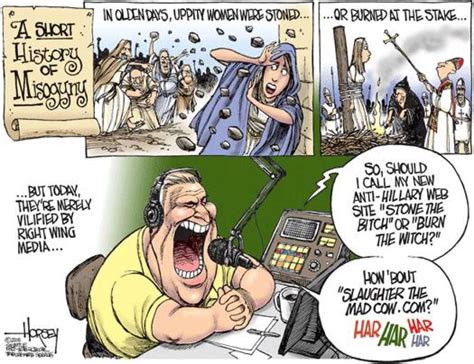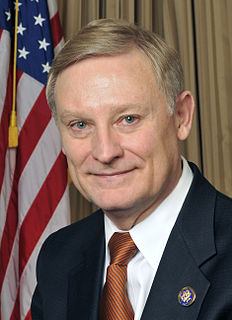A Quote by Tom Brokaw
I hope the World War II generation doesn't lose that quality that made them so appealing: their modesty, and the way they are always looking forward and seldom back.
Related Quotes
World War II made war reputable because it was a just war. I wouldn't have missed it for anything. You know how many other just wars there have been? Not many. And the guys I served with became my brothers. If it weren't for World War II, I'd now be the garden editor of The Indianapolis Star. I wouldn't have moved away.
I don't think my generation carries the weight of World War II anymore. But I've got to tell you, even if we don't really talk about it, we get reminded constantly by other people or other countries. I get offered a World War II movie at least once a week just because I speak German and was born there. I have always stayed away from it because I didn't want to be put into that box.
It's very important to understand that World War II is at the base of this new policy. From the 1890s on, the U.S. was always imperialistic. We went after the Philippines, and we did the same in Cuba, in Hawaii. We controlled South America. Woodrow Wilson was not what he was supposed to be. He was very much a white man first. "The world must be made safe for democracy." It really accelerates after World War II.
I actually thought that the idea of doing a World War II movie in the guise of a spaghetti western would just be an interesting way to tackle it. Just even the way that the spaghetti westerns tackled the history of the Old West, I thought it could be a neat thing to do that with World War II, but just as opposed to using cowboy iconography, using World War II iconography as kind of the jumping-off point.
My dad was a member of the Greatest Generation that achieved victory in World War II. This was the generation that saved the world from fascism, came home and built the great American middle class, led the way in the civil rights movement, protected our environment, and created great programs like Medicare.
I urge all Connecticut residents to reflect on the sacrifices made by the Greatest Generation during World War II. In the aftermath of tragedy, they came together in the name of justice, humanity, and democracy, and each of us has benefitted from their service. We will be always grateful for everything they have provided to the United States.
I think in many ways, the Spanish Civil War was the first battle of World War II. After all, where else in the world at this point did you have Americans in uniform who were being bombed by Nazi planes four years before the U.S. entered World War II? Hitler and Mussolini jumped in on the side of Francisco Franco and his Spanish nationalists, sent them vast amounts of military aid, airplanes, tanks - and Mussolini sent 80,000 ground troops as well - because they wanted a sympathetic ally in power. So I think it really was the opening act of World War II.
It's important to remember that World War II was experienced very much as a continuity in that sense. Most of World War II in most of Europe wasn't a war; it was an occupation. The war was at the beginning and the end, except in Germany and the Soviet Union, and even there really only at the end. So the rest of time it's an occupation, which in some ways was experienced as an extension of the interwar period. World War II was simply an extreme form, in a whole new key, of the disruption of normal life that began in 1914.
When I grew up, in Taiwan, the Korean War was seen as a good war, where America protected Asia. It was sort of an extension of World War II. And it was, of course, the peak of the Cold War. People in Taiwan were generally proAmerican. The Korean War made Japan. And then the Vietnam War made Taiwan. There is some truth to that.

































